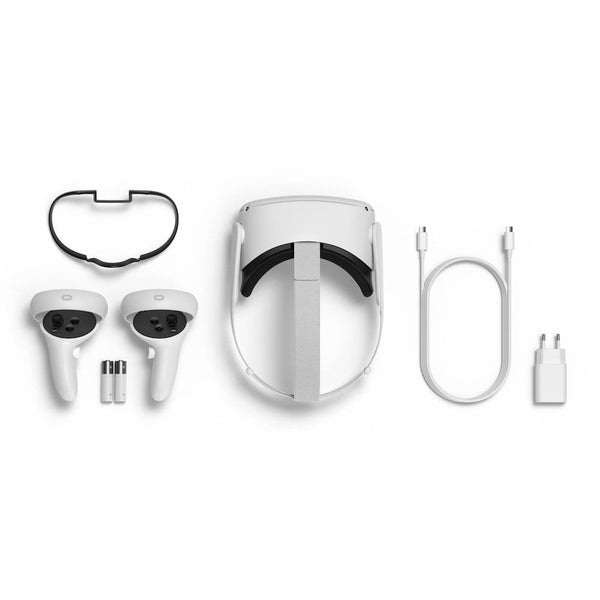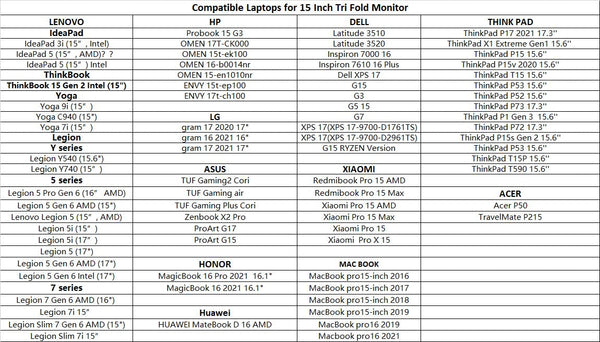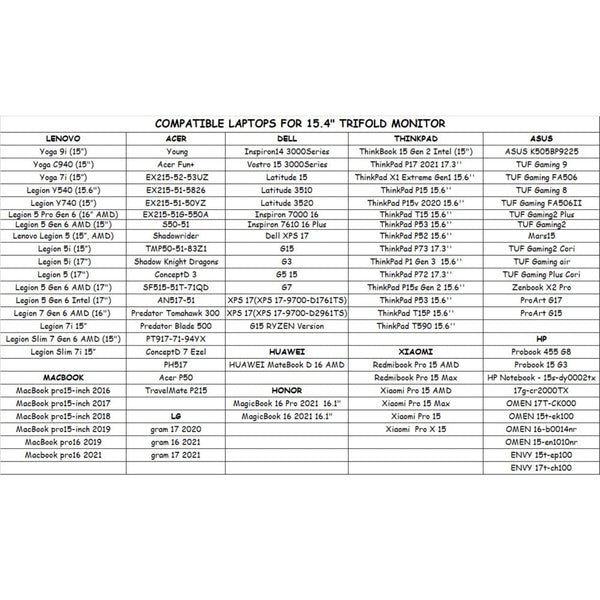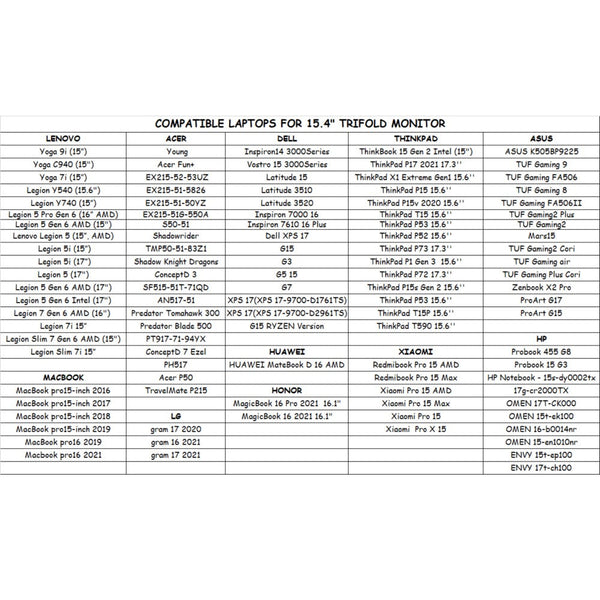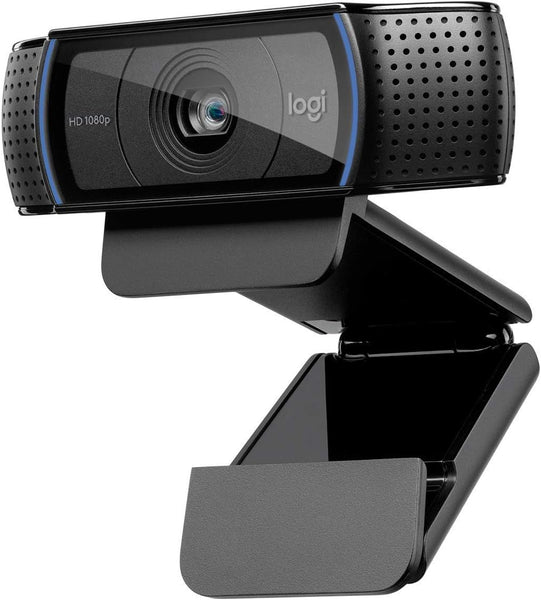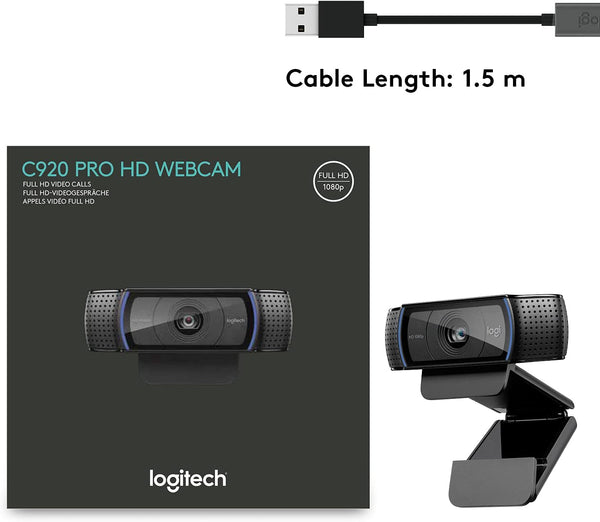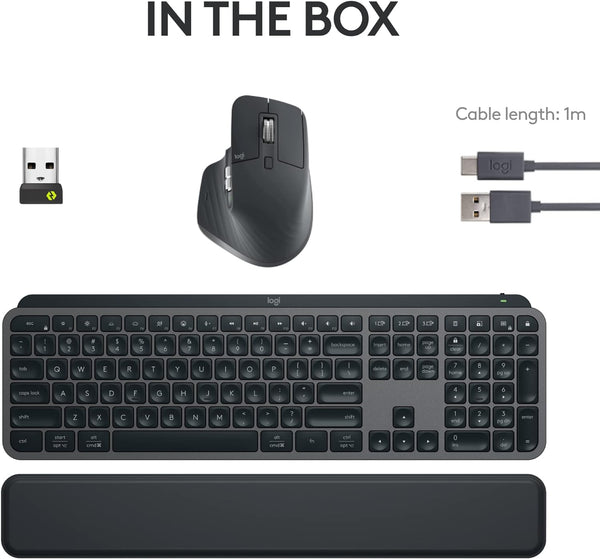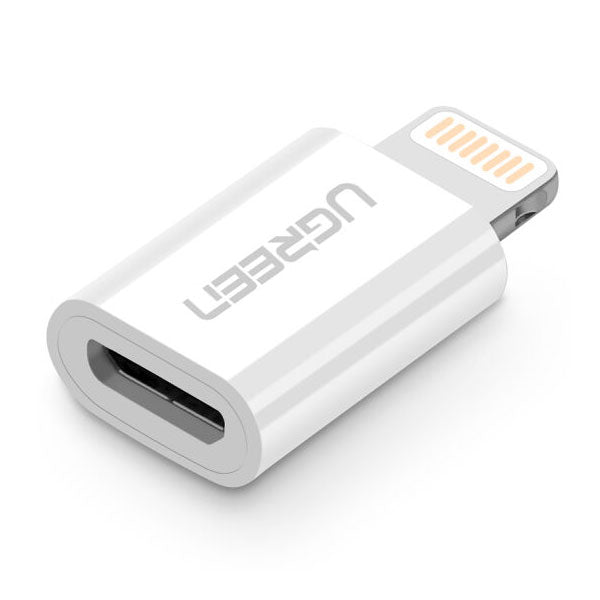All Categories
- Appliances
- Audio & Video
- Auto Accessories
- Baby & Kids
- Cameras & Drones
- Computers and Accessories
- Devices and Accessories
- Electronics
- Furniture
- Games and accessories
- Gift & Novelty
- Health & Beauty
-
Home & Garden
- Artificial Plants
- Bathroom Accessories
- BBQ
- Bedding
- Curtains
- Decor
- DIY
- Firepits
- Fountains
- Garden Beds
- Garden Furniture
- Garden Lights
- Garden Tools
- Gate Openers
- Green Houses
- Hammocks
- Home Office Accessories
- Inflatable Mattress
- Kitchen Bins
- Kitchenware
- Lighting
- Others
- Pool & Accessories
- Rugs
- Scales
- Shading
- Storage
- Travel
- Occasions
- Outdoor
- Pet Care
- Smart Home
- Sports & Fitness
- Tools
Simplecom CA519 USB-C to USB-C Cable USB 3.2 Gen1 5A 100W PD 4K@60Hz 1.8M


This USB-C to USB-C cable is designed for both data and video transmission, it also supports USB-C PD charging up to 100W.
This cable is complaint with USB 3.2 Gen 1 standard and delivers up to a 5Gbps data transfer rate. It also can be used as a video cable to connect your monitor with USB-C port, support video output up to 4K@60Hz.
Ensure you're giving your device an optimized charge, this cable also fully utilizes USB Power Delivery with built-in E-Marker chip, safely and reliably delivers up to 100W of PD charging power.
Features:
USB-C to USB-C cable supports data, video and PD charging
Fully compatible with all version USB-C and Thunderbolt 3 port
Supports data transfer rate up to 5Gbps (USB 3.2 Gen 1)
Supports video output up to 4K@60Hz
Supports charging power up to 100W (20V@5A)
Built-in E-Marker chip for optimized power delivery support
Designed for computer, PD charger, USB-C monitor and more
High quality cable for fast rate transfer speed and maximum safe current
Made with aluminum foil shielding for stable transmission performance
Specifications:
Length: 1.8M
USB Version: USB3.2 Gen 1
Backwards Compatible: USB 2.0, USB 3.0
Data Transfer Rate: up to 5Gbps
Video Output Support: up to 4K@60Hz (3840*2160)
Maximum Charging Current: 5A
Maximum Charging Power: 100W
Package Content:
1 x Simplecom CA519 USB-C to USB-C Cable USB 3.2 Gen1 5A 100W PD 4K@60Hz 1.8M
Related Products
-
-
-
-
-
-
Dual Portable Triple Fold 1080P IPS FHD Monitor Screen Extender For Laptops15 reviews$465.00
$649.00 -
-
-
-
-
-
-
-
-
-
-
-
-
-
15.6/16 inch Laptop Sleeve Padded Travel Carry Case Bag XL size ERATO GREYNo reviews$62.00
$109.00 -
-
-
-
-
-
-
-
-
-
-
-
-
-
-
-
-
-
-
-
-
-
-
Micro USB Male to USB Female Host for OTG Device / USB Power Cable Y SplitterNo reviews$17.00
$20.95 -
-
-











